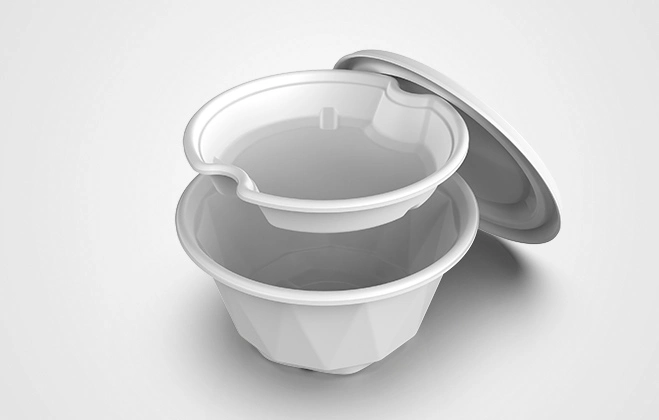Agricultural mulch film has the functions of heat preservation, moisture retention and weed suppression, and is widely used in vegetable production. China is the world's largest user of agricultural plastic films. It is estimated that my country's average annual agricultural plastic film usage is 1.4 million tons.
Traditional mulch films often use polyethylene (PE) plastic as the main raw material of mulch films. Because PE materials are extremely difficult to degrade, they can exist in the soil for 200 to 400 years. Studies have shown that the annual agricultural film residue in my country's farmland reaches approximately 18.6%. Recycling mulch film is a way to reduce residue, but manually picking up the remaining film is time-consuming and laborious. Even if mechanical recycling is used, there are still problems such as incomplete recycling. A large amount of agricultural film remains in farmland, causing serious pollution to the soil and surrounding environment. It not only affects mechanized farming in the field, but also destroys the soil structure, affects the absorption of water and fertilizer by crops, hinders root growth, and leads to reduced crop yields. At the same time, existing research shows that mulch residue can easily lead to the formation of soil microplastics, seriously endangering soil microecology, crop growth and human health. Therefore, it is of great significance to promote the application of degradable agricultural film to replace traditional mulch film.
In order to explore the role and mechanism of degradable mulch film in cucumber production, a field experiment was conducted at Suzhou High-tech Zone Fujia Farm Co., Ltd. from March to September 2022. The treatment includes conventional PE mulch film and three degradable mulch films: PBAT, PBS and PLA. The crop selected was cucumber. The temperature, humidity and EC value of the surface soil (0-20cm) were continuously observed during the experimental period, and the cucumber stem diameter, stem height, yield and soil physical and chemical indicators were measured during the harvest period.


The results showed that the degradable mulch film began to degrade after 80 days of testing, and PBAT entered the major cracking stage after 169 days. Biodegradable mulch film significantly reduced soil temperature after May 20, and reduced soil moisture and EC value after June 2. Biodegradable mulching film treatment increased cucumber stem diameter, plant height and yield. The yield of cucumber treated with PBAT, PBS and PLA increased by 7.4%, 2.3% and 2.4% respectively compared with PE treatment.
The yield of cucumber treated with PBAT was the highest, 2197.7 kg/mu.
The cucumber yield treated with PBS is 2096.4 kg/mu
PLA treated cucumber yield is 2096.8 kg/mu
The yield of PE treated cucumber is 2045.9 kg/mu
There was no significant difference in soil physical and chemical properties between different mulching treatments, but soil total nitrogen, alkali-hydrolyzable nitrogen, total phosphorus and available phosphorus all showed a certain increasing trend in the degradable mulching film treatment, while soil pH and organic matter content showed a decreasing trend.
In short, degradable mulch film can help increase cucumber yields, mainly by adjusting the soil microenvironment to promote cucumber growth, and is worthy of further promotion and application.
 English
English 日本語
日本語 한국어
한국어 français
français Deutsch
Deutsch Español
Español русский
русский português
português العربية
العربية ไทย
ไทย Malay
Malay






















